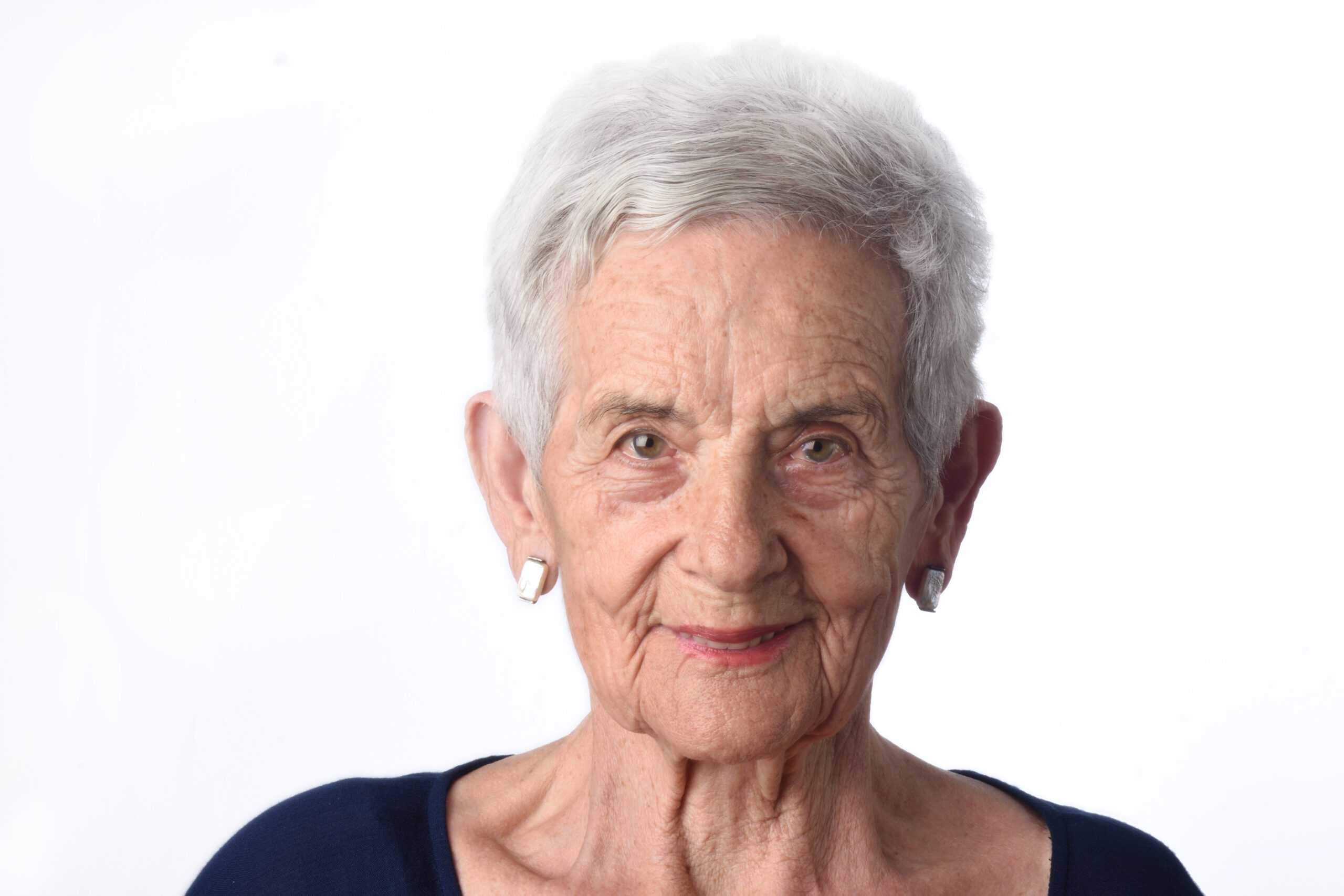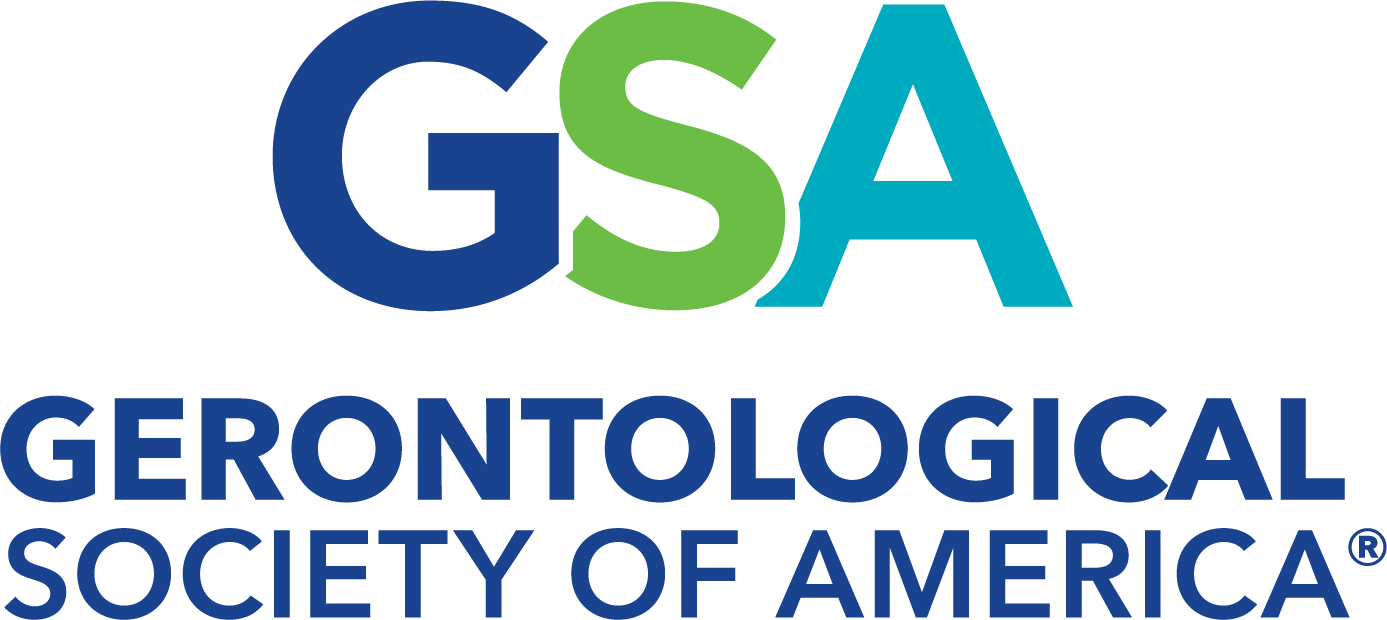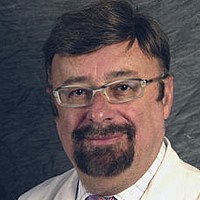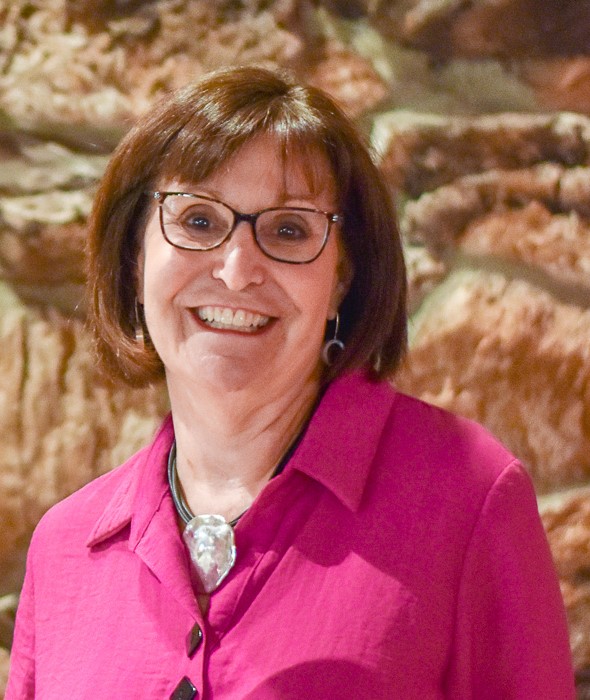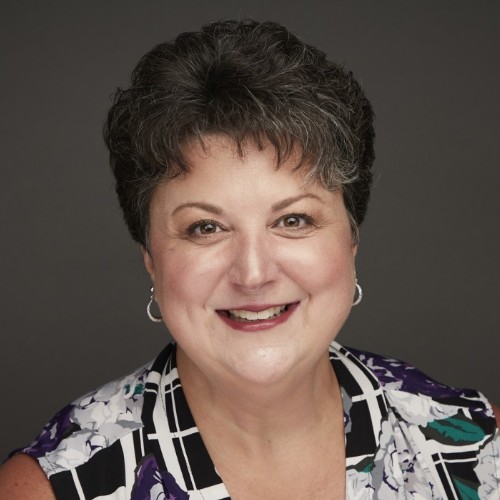Overview
In this activity, a multidisciplinary team of specialists plus a former care partner share their perspectives on the impact and behavioural symptoms of agitation in Alzheimer’s dementia, including discussion on diagnosis criteria and best practice management.
This activity is jointly provided by USF Health and touchIME in collaboration with the Gerontological Society of America (GSA).
Target Audience
This activity has been designed to meet the educational needs of Alzheimer’s disease specialists, neurologists, psychiatrists, primary care physicians, specialist nurse practitioners and physician assistants involved in the management of patients with Alzheimer’s dementia.
Disclosures
USF Health adheres to the Standards for Integrity and Independence in Accredited Continuing Education. All individuals in a position to influence content have disclosed to USF Health any financial relationship with an ineligible organization. USF Health has reviewed and mitigated all relevant financial relationships related to the content of the activity. The relevant relationships are listed below. All individuals not listed have no relevant financial relationships.
Faculty
Prof. George T Grossberg discloses: Consultancy fees from Acadia, Avanir, Axsome, Biogen, BioXcel, Eisai, Genentech, Karuna, Lilly, Lundbeck, Otsuka, Roche and Takeda. Safety monitoring committee fees from Anavex, EryDel, Intra-Cellular Therapies, Merck, Newron and Oligomerix. Speaker’s Bureau fees from Biogen and Eisai.
Dr Alireza Atri discloses: Advisory board/panel fees from Eisai and Novo Nordisk; Lundbeck, Merck and Roche/Genetech (all relationships terminated). Consultancy fees from Eisai and Novo Nordisk; Lundbeck, Merck, Prothena and Roche/Genetech (all relationships terminated). Grant/research support from Alzheon, Athira, Eisai and Vivoryon; Lilly (relationship terminated).
Ms Susan Scanland discloses: Advisory board/ panel and consultancy fees from Acadia, BioXcel, Eisai, Lundbeck, Otsuka and Teva. Speaker’s Bureau fees from Acadia and Teva.
Dr Bonnie Burman has no interests/relationships or affiliations to disclose in relation to this activity.
Ms Jennifer Pettis discloses: Grant/research support from Eisai, Genentech, Lilly and Otsuka.
Content reviewer
Danielle Walker, DNP, APRN, AGNP-C has no financial interests/relationships or affiliations in relation to this activity.
Touch Medical Contributors
Christina Mackins-Crabtree has no financial interests/relationships or affiliations in relation to this activity.
USF Health Office of Continuing Professional Development and touchIME staff have no financial interests/relationships or affiliations in relation to this activity.
Requirements for Successful Completion
In order to receive credit for this activity, participants must review the content and complete the post-test and evaluation form. Statements of credit are awarded upon successful completion of the post-test and evaluation form.
If you have questions regarding credit please contact cpdsupport@usf.edu
Accreditations
Physicians
This activity has been planned and implemented in accordance with the accreditation requirements and policies of the Accreditation Council for Continuing Medical Education (ACCME) through a joint providership of USF Health and touchIME. USF Health is accredited by the ACCME to provide continuing medical education for physicians.
USF Health designates this enduring material for a maximum of 1.25 AMA PRA Category 1 CreditTM. Physicians should claim only the credit commensurate with the extent of their participation in the activity.
The European Union of Medical Specialists (UEMS) – European Accreditation Council for Continuing Medical Education (EACCME) has an agreement of mutual recognition of continuing medical education (CME) credit with the American Medical Association (AMA). European physicians interested in converting AMA PRA Category1 CreditTM into European CME credit (ECMEC) should contact the UEMS (www.uems.eu).
Advanced Practice Providers
Physician Assistants may claim a maximum of 1.25 Category 1 credits for completing this activity. NCCPA accepts AMA PRA Category 1 CreditTM from organizations accredited by ACCME or a recognized state medical society.
The AANPCP accepts certificates of participation for educational activities approved for AMA PRA Category 1 CreditTM by ACCME-accredited providers. APRNs who participate will receive a certificate of completion commensurate with the extent of their participation.
Date of original release: 04 April 2024. Date credits expire: 04 April 2025.
If you have any questions regarding credit please contact cpdsupport@usf.edu
